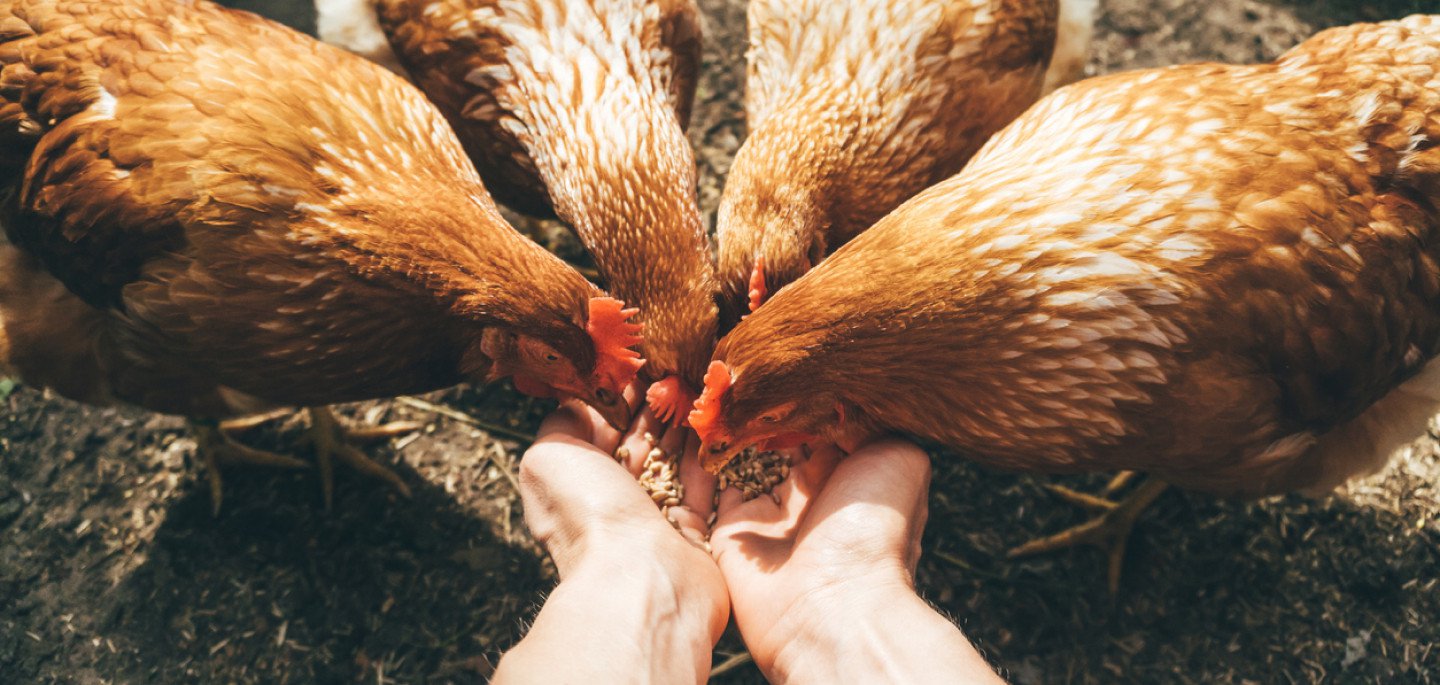The French bank BNP Paribas has announced a new policy that encourages all livestock farmers funded by them to “change their practices towards a system that is more respectful of animal welfare”, taking the FARMS Initiative’s Responsible Minimum Standards as a reference. BNP Paribas is the world's eighth largest bank by total assets.
The FARMS Initiative’s Responsible Minimum Standards (FARMS RMS) include prohibition on the use of cages for laying hens and broilers, prohibition of gestation and farrowing crates for sows, prohibition of crates for calves, and prohibition of tethering and permanent indoor confinement for cattle.
The alignment with FARMS RMS also requires producers to reduce confinement densities, provide enriched environments, and phase out painful procedures such as castration, tail docking, and beak trimming. It also prohibits the use of antibiotics as a disease-prevention method, limits the duration of transport, and sets stunning criteria before slaughter, among others.
“This is an important step, and we are happy to see the bank move in this direction—but it’s not enough. We look forward to seeing this as a requirement from BNP Paribas, with deadlines for their customers to comply with the FARMS RMS's criteria", said Merel van der Mark, Head of Animal Welfare and Finance at Sinergia Animal. “Sinergia Animal is engaging with banks, including BNP Paribas, on the adoption of animal welfare policies. We hope to see more banks adopt measures to protect animals.”
This new policy was communicated in a press release that also announced a new restrictive policy aimed at fighting deforestation in the Amazon and the Cerrado regions, with a focus on beef and soy supply chains. The industrial livestock sector is the largest driver of deforestation in these regions. It is also a breeding ground for zoonotic diseases, and contributes to climate change, health problems, antimicrobial resistance, and social inequity, among other issues.
Due to the large impacts of the livestock sector on the Sustainable Development Goals and the goals of the Paris Climate Agreement, Sinergia Animal is asking development banks to commit to stop financing factory farming (read the open letter to CEOs). “Development banks should represent the public interest, as they are funded with citizens’ taxes, meaning they should shift their investments into a more sustainable food future—supporting sustainable agricultural practices like agro-ecology, indigenous agricultural systems, agroforestry, organic farming, and plant-based food, for example”, explains van der Mark. Click here to sign the petition.
